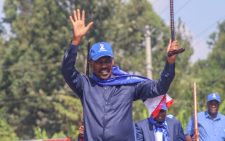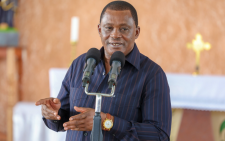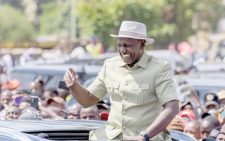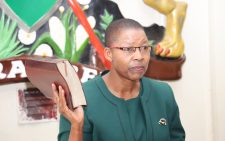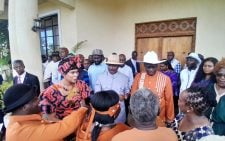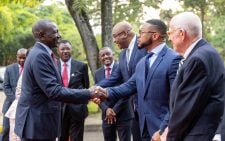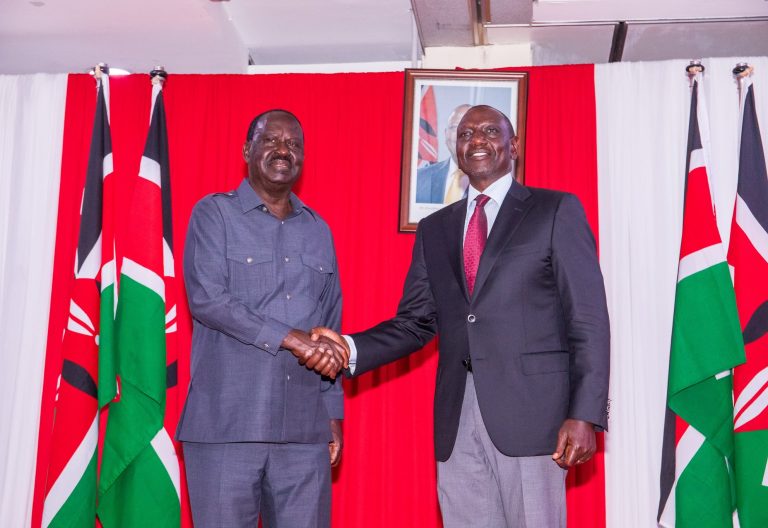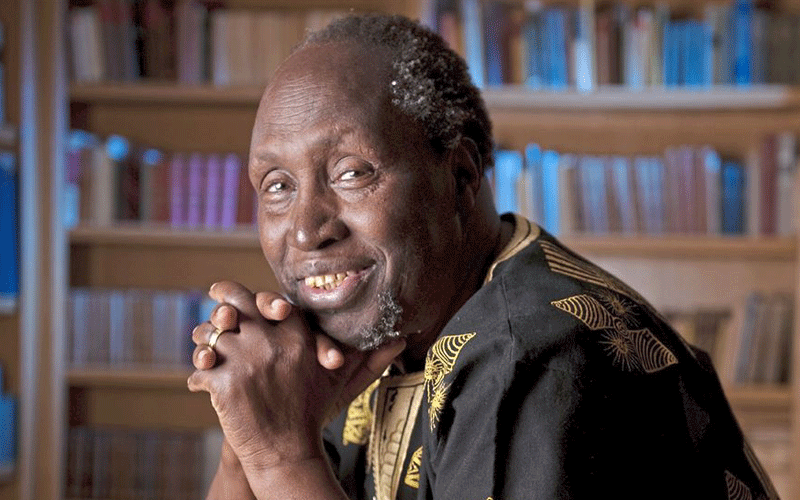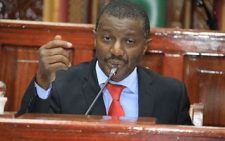13 killed in Bangladesh protests over job quotas
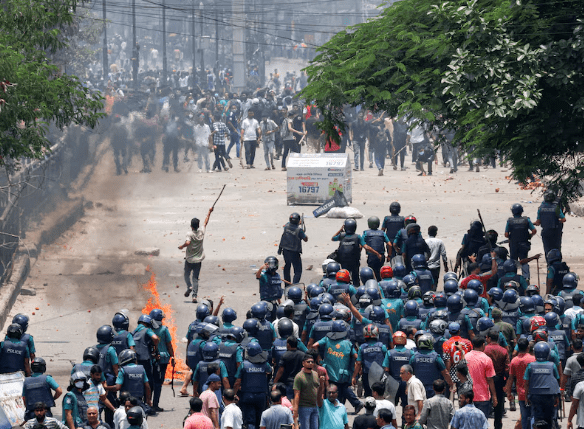
Thirteen people were killed as thousands of students armed with sticks and rocks clashed with armed police in Dhaka on Thursday, the worst day of violence so far in protests in Bangladesh against a policy that sets quotas for the allocation of government jobs.
Authorities cut some mobile internet services to try to quell the unrest, which has killed at least 19 people this week.
The people who died on Thursday, which saw the highest death toll in a single day so far, included a bus driver who was brought to a hospital with a bullet wound to his chest, a rickshaw-puller and three students, officials told Reuters.
Hundreds of people were injured as police fired tear gas and rubber bullets to break up groups of protesters, who torched vehicles, police posts and other establishments, witnesses said.
The nationwide agitation, the biggest since Prime Minister Sheikh Hasina was reelected earlier this year, is fuelled by high youth unemployment. Nearly a fifth of the country’s 170 million population is out of work or education.
Protesters are demanding the state stop setting aside 30% of government jobs for the families of people who fought in the 1971 war of independence from Pakistan.
Hasina’s government had scrapped the quota system in 2018, but a High Court reinstated it last month. The government appealed against the verdict and the Supreme Court suspended the High Court order, pending hearing the government’s appeal on August 7.
U.N. Secretary-General Antonio Guterres on Thursday called for restraint by all sides and urged the authorities to investigate all acts of violence and hold the perpetrators to account, said U.N. spokesperson Stephane Dujarric.
“The secretary-general encourages the meaningful and constructive participation of youth to address the ongoing challenges in Bangladesh. Violence can never be the solution,” Dujarric told reporters.
Deaths
At least 11 of the deaths on Thursday occurred in Dhaka. The capital’s main university campus had been the site of the worst of the nationwide protests, but on Thursday there were stronger demonstrations in other pockets of the city.
Law Minister Anisul Huq said the government was willing to hold talks with the protesters.
The demonstrators refused, saying, “Discussions and opening fire do not go hand in hand”.
“We cannot trample over dead bodies to hold discussions. Discussions could have taken place earlier,” protest co-ordinator Nahid Islam told Reuters.
Hasina, the daughter of Sheikh Mujibur Rahman, who led Bangladesh to independence, has so far rejected protesters’ demands that the jobs policy be scrapped, saying the matter is in the hands of the courts.
All public and private universities were shut indefinitely on Wednesday, and security forces were deployed at campuses to keep order.
For these and more credible stories, join our revamped Telegram and WhatsApp channels.
Telegram: https://t.me/peopledailydigital
WhatsApp: https://whatsapp.com/channel/0029Va698juDOQIToHyu1p2z

